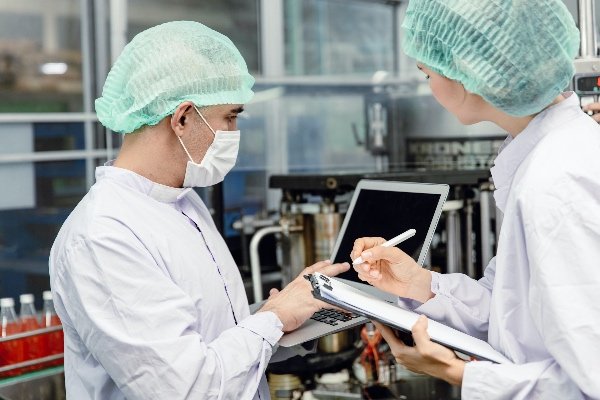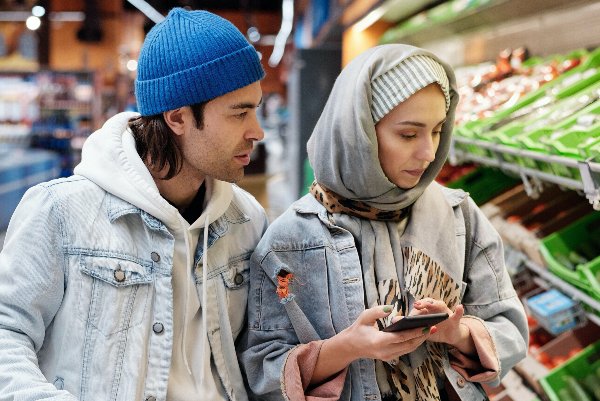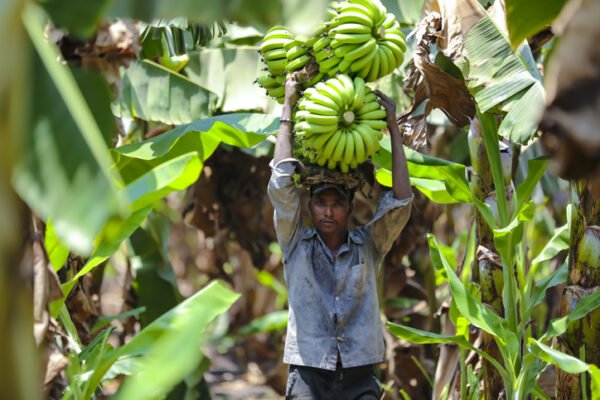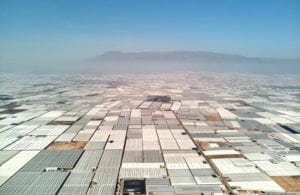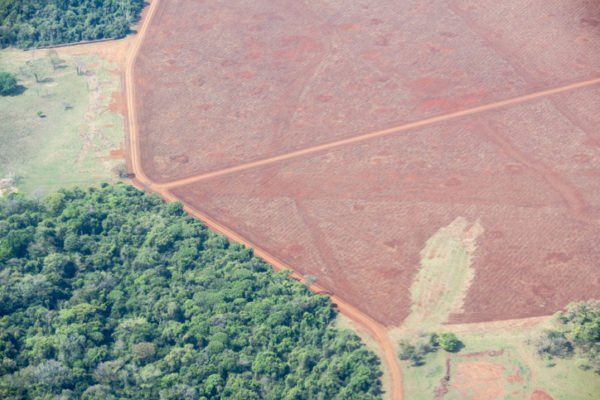This article first appeared in our COP28 issue of My Green Pod Magazine, published 30 November 2023. Click here to subscribe to our digital edition and get each issue delivered straight to your inbox
At current trends, the world faces a food system collapse in the next 50 years.
We know we can’t continue on the path we’re on and our buying habits are shifting in response.
Today’s shoppers say sustainability is a core factor when they make purchasing decisions, and 84% of customers feel that poor environmental practices will alienate them from a brand or company.
Yet finding sustainable food options isn’t always easy; in a recent pan-European EIT Food survey conducted by Ipsos, two-thirds of respondents said they believe food brands pretend their products are more sustainable than they really are.
Greenwash is indeed rife in the food sector yet it’s not always malicious in nature; businesses often don’t have accurate information to inform green claims and can instead focus on popular (though often misguided) strategies.
The challenge for businesses
‘Businesses face similar challenges to shoppers’, says Carl Olivier, co-founder and CEO of tech startup Sustained. ‘They too need trustworthy information if they are to accurately measure the impact of their products and the connected value chains. This is a complex problem, with challenges ranging from the availability of reliable, relevant data to the standardised, harmonised methodologies for accurate measurement.’
Without the right information or methodology for measuring it, companies can’t credibly report or market their products’ environmental impact – and shoppers have no hope, even when the will to make more sustainable choices is there.
‘Identifying sustainable food is very difficult, almost impossible’, accepts Carl. ‘Shoppers can end up relying on the ‘facts’ to which they are more generally exposed – many of which are just downright incorrect. Agency of choice is only really possible when the facts are made readily available at the time of decision; we need environmental impact – at a product level – to be displayed alongside price, quality and availability’, he explains.
Sustainable food made possible
Carl co-founded Sustained in a bid to promote transparency in the food sector; the platform helps to take the guesswork out of sustainable food shopping with eco-labels that display a simple A-G rating for a food product’s overall environmental impact, considering the damage potential from a range of categories including climate, water, land and pollution.
The platform also helps brands and manufacturers to more effectively communicate their targets, progress and overall sustainability.
‘This is key to ensuring trustworthy information about the environmental impact of the brands and products people choose between’, Carl explains.
While these are useful aids for quick decisions, Sustained was created to facilitate the design of more environmentally friendly products over time, which will translate into a better range of options for shoppers.
In the long term, this should in turn put an end to the production and consumption of the most environmentally damaging products.
No silver bullet
Regulation and consumer demand for transparency will mean that some time soon, every physical product will require a continuous Life Cycle Assessment (LCA) that evaluates the environmental impacts associated with all the stages of a product’s life – from raw material extraction to materials processing, manufacture, distribution and use.
Companies that act to address this need for transparency and environmental impact reduction will be well placed in the competitive landscape of the future.
Currently thousands of manual LCAs are conducted each year; in the next five years this will need to be in the hundreds of millions – yet today’s manual LCA processes are just not up to the task.
‘LCAs only reflect one moment and therefore decay over time’, Carl explains. ‘This means we really need to be able to LCA everything we produce, all the time. The current LCA focus on carbon and other greenhouse gas emissions is also too narrow; LCAs can and should measure all environmental impacts.’
Isn’t it easier and more effective to advocate organic, local and seasonal produce? ‘In many cases factors such as buying local are less impactful than what you eat, and certain farming practices are good in some ways, but less so in others’, Carl responds. ‘Think land use vs pollution, water use vs emissions. We need to measure all of these things and understand the inevitable trade-offs, allowing for informed decisions and intentional investment in research and improvements. There is no silver bullet here.’
 Play Video about This Rock Might Just Save The World
Play Video about This Rock Might Just Save The World Play Video about Play 2 hours of rock
Play Video about Play 2 hours of rock Play Video about Play 2 hours of brook
Play Video about Play 2 hours of brook Play Video about Play 2 hours of sheep
Play Video about Play 2 hours of sheep

















